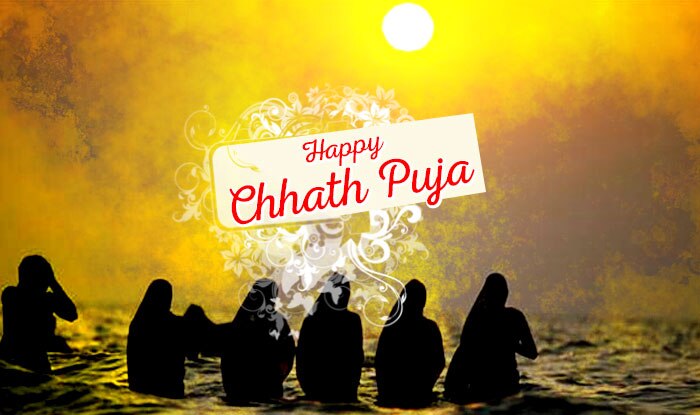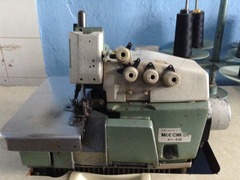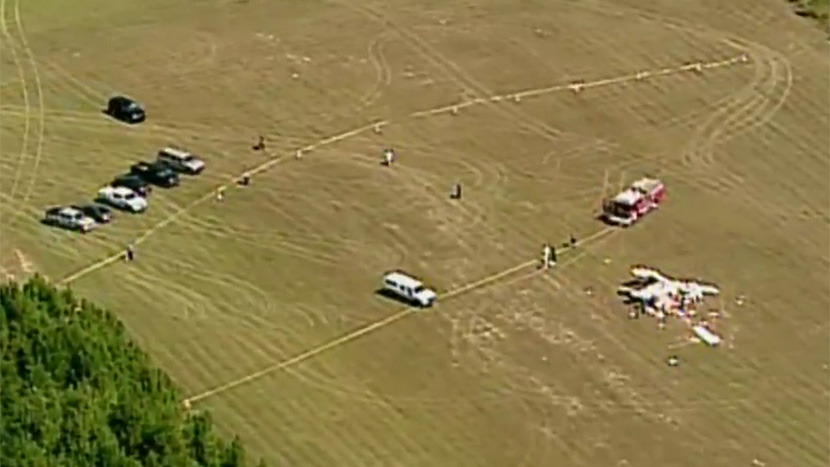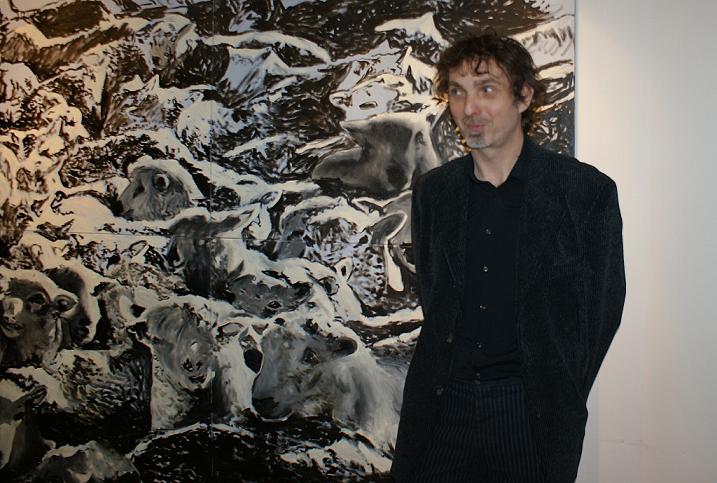Chhath Puja 2018
❤️ Click here: Chat bihar festival
They end their fast after doing the puja in the evening. The devotees maintain 'nirjal vrat ' Fast without even taking a drop of water on the third day.

Flattened and dried gram is also used to make other salty snacks. Happy Chhath Puja to all the devotees.

Chhath Puja 2018 - Girls make clay idols of various birds and decorate them in their own traditional ways. Folk songs are sung both at home and on the riverbank.

India is a land of varied culture, festivals, beliefs and religions. Whichever part of the country you visit, you will come across some culture that will be completely different from your own. It is simply amazing how one country houses so many diversified religions. People of this country love to celebrate festivals and feel it is an opportunity to get together with friends and family and have merriment. Each state of the country has some festivals that are a unique part of its cultural heritage and are different from the rest. It fascinating to witness these festivities. Bihar wholeheartedly celebrates festivals like Durga Puja, Bhaiya Dooj, Holi, Saraswati Puja etc. But there is one festival that is uniquely associated with Bihar, and that is the festival of Chhath. Today, we bring you a list of festivals from the Land of Biharis- 1. Chatth Puja This is probably the most famous festival of this State. When one hears Chatth Puja, Bihar instantly comes to the mind. This is an actually an ancient Hindu festival which is dedicated to the Sun God, Surya, and take place 6 days after Diwali. It is an expression of thanks giving and seeking blessings from the Almighty for sustaining life on Earth. During this festival, the person observing Chatth, also known as Parvati, observes a fast from dawn to dusk which concludes with sweets. This fast is followed by another fast for 36 hours till the final day, when puja starts at the river, before sunrise. You can witness thousands of devotees and the river during this time. Witnessing Chatth Puja will let you witness the devotion in its true sense. Sama Chakeva During the winter when the birds migrate from the Himalayas towards the plains, the celebration of Sama-Chakeva takes place. This festival is celebrated specifically in Mithila. When the colourful birds migrate towards their land, this festival takes place, marking the brother-sister relationship. It starts with welcoming the pair of birds Sama- Chakeva. The girls make an idol of the birds and decorate them in their own traditional way. After this, the festivities take place with full splendour, and ends by a Vidaai of the Sama, with a wish that these birds return to the land the next year. Shravani Mela This festival or rather Mela is observed every during the month of Shravan July-August. It is an important month-long ritual which is held along a 108 km long route linking towns of Deogarh and Sultanganj. The devotees who take part, known as Kanwarias, wear saffron-coloured clothes and collect water from the sacred Ghats at Sultanganj. They then walk barefoot on the 108 km long stretch to Deogarh to bathe the sacred Shiva-linga. This festival draws thousands of people from all around the country every year. Sonepur Cattle Fair This fair of Bihar has its root in ancient mythology and folklore. It is held on Kartik Purnima that is the first full moon after the festival of Diwali. In this fair, domestic cattle like an elephant, camel, sheep and birds are brought in from around the country and sold here. Apart from this, varied handicrafts and handloom stalls are also put up, along with the magic show and folk dances. This fair attracts a large number of foreign tourists each year. Makar Sankranti Mela The Makar Sankranti Mela is held every year at a town in Bihar in the month of January. The devotees make flower offering to the deities in the temple and take a dip in the holy water. Another site associated with this festival is the Mandar Hills in the Banka district. According to legends, a great Asura once threatened the gods. The famous panchjanya — the sankh conch shell used in the Mahabharat war is believed to have been found here on the hills. This makes it a rather famous festival of the state. Pitrapaksha Mela This mela is held in each year, in the month of September. In this fair, people from all parts of the country come to worship their ancestors as part of the Shraddha ritual. The gayalis, descendants of the Magga Brahmans perform the Shraddha ceremony. This is a mandatory Hindu ritual which is believed to bring salvation to the departed soul. This tradition traces back to Buddha, who is believed to have performed the first pindan here. Rajgir Mahotsav Rajgir is the ancient capital of the Magadhan Empire in Bihar and is held sacred by both Jains and Buddhists because of its long association with Buddha and Mahavira. A Rajgir Mahotsav is held every year by the Department of Tourism, Bihar. It is a colourful festival of dance and music. A complete serene atmosphere is created here with the instrumental music, devotional songs, opera, folk dance, ballet and other dance and art forms. This festival held in the last week of October attracts a large number of tourists from around the world. Bihula The Bihula festival is mainly prominent in the Bhagalpur district of Bihar. This festival is rather famous in the Eastern Bihar and has various myths associated with it. People pray to the Goddess Mansa to protect their families. This festival is held during the month of August each year. The festival celebrates the brilliant Manjusha Art, which is as magnificent as other art forms found in Bihar. Buddha Jayanti The Buddha Jayanti is celebrated during the month of May, on the Baisakh Purnima full moon day. It is believed that Buddha was born, enlightened and passed away on the same full moon day. Thus, the festival Buddha Jayanti came to be celebrated. This is especially celebrated in the town Bodh Gaya and Rajgir. This day marks the day of prayer and celebration at the Mahabodhi Temple.
India - Bihar Chhath Festival / Beautifull
It is the longest and most important festival after navratri. Chhath Puja is observed for a period of four days during the month of Kartika. Draupadi started the tradition of Chhath Puja to honor Lord Sun. Also, an element of fear is present among the devotees who dread the punishment for any misdeed during Chhath. The offerings to the God include rice pudding kheer and fruits, which is distributed among family members and friends. This Chhath Puja is also known as Chaiti Chhath because of the Chaitra month and Surya Puja. Chhath Puja 2018 Dates Date Day Event Tithi November 11, 2018 Sunday Nahai Khai Chaturthi November 12, 2018 Monday Kharna Panchami November 13, 2018 Tuesday Sandhya Argh Shashthi November 14, 2018 Wednesday Suryodaya Argh Saptami Chhath festival commences in the Kartik month, precisely six days following the 'festival of lights'- Diwali. Hindu believe sun has unlimited power to cure several diseases. Chhath is a festival associated with faith, purity and devotion to the Sun God. The devotees break their fast following this ritual. Kartiki Chhath will again be celebrated by devotees with utmost faith and devotion. In the evening people gather together and perform cultural programs with music and dances.

















